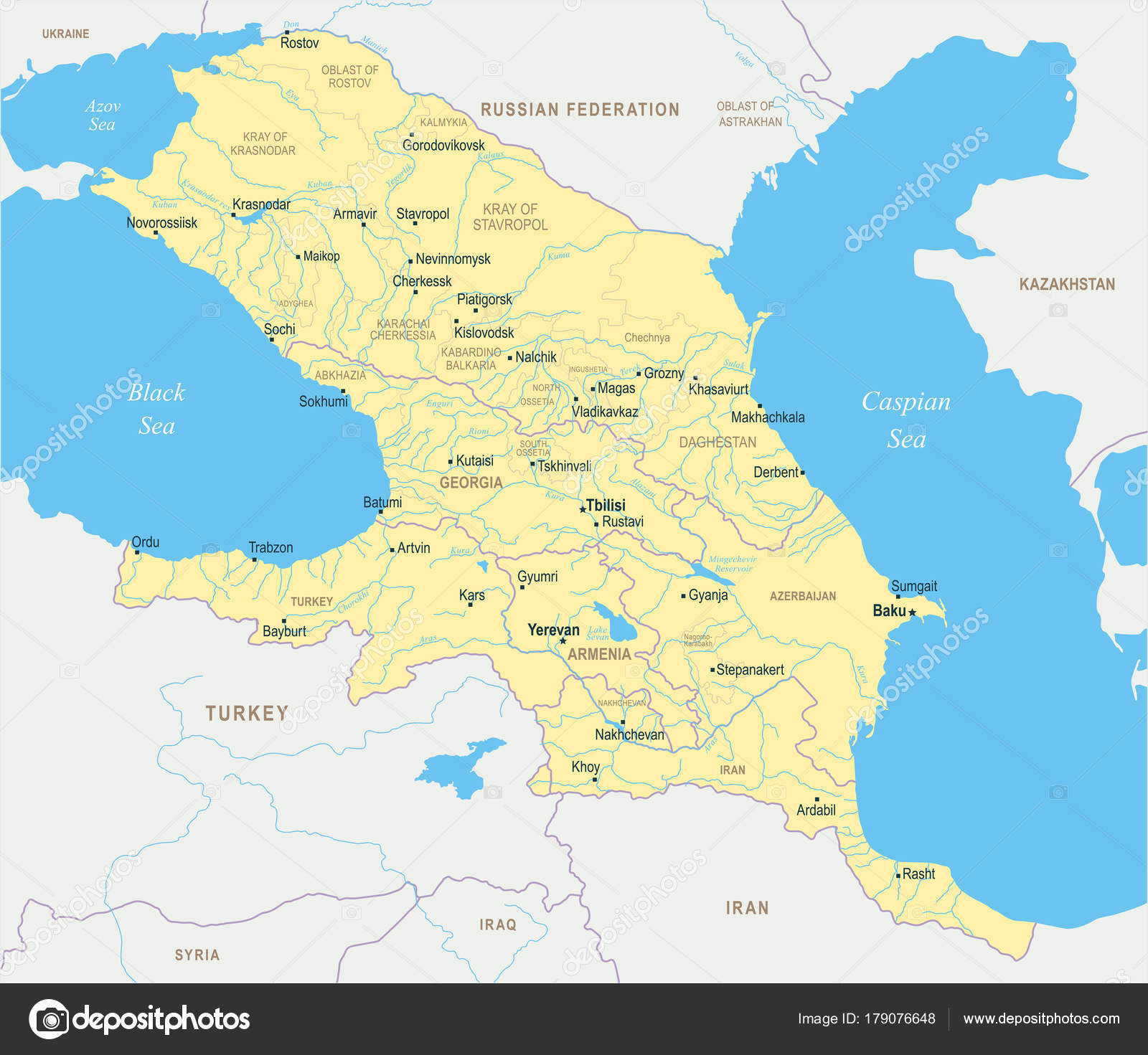The Caucasus, a region located at the border of Eastern Europe and Western Asia, is a treasure trove of natural wonders, rich history, and diverse cultures. Spanning across several countries, including Russia, Georgia, Azerbaijan, and Armenia, the Caucasus is a fascinating destination that offers a unique blend of traditional and modern attractions. In this article, we will delve into the world of the Caucasus, exploring its geography, history, and cultural significance, as well as its current status and future prospects.
Geography and Climate
The Caucasus region is situated between the Black Sea and the Caspian Sea, stretching for approximately 1,100 kilometers (680 miles). The Great Caucasus Mountain Range, which runs along the northern edge of the region, is home to the highest peak, Mount Elbrus, standing at 5,642 meters (18,510 feet) above sea level. The region's diverse geography also includes fertile valleys, rolling hills, and coastal plains, creating a wide range of ecosystems that support a rich variety of flora and fauna. The climate in the Caucasus varies from subtropical to alpine, with warm summers and cold winters, making it an attractive destination for tourists and outdoor enthusiasts.
History and Culture
The Caucasus has a long and complex history, with evidence of human habitation dating back to the Paleolithic era. The region has been influenced by various empires and civilizations, including the ancient Greeks, Romans, and Persians, each leaving their mark on the local culture. Today, the Caucasus is home to over 50 ethnic groups, each with their own language, customs, and traditions. The region is also known for its vibrant arts scene, with a rich heritage of music, dance, and crafts. From the stunning architecture of the ancient cities to the colorful festivals and celebrations, the Caucasus is a cultural melting pot that offers a unique and unforgettable experience.
Current Status and Future Prospects
In recent years, the Caucasus has experienced significant economic growth, driven by the development of the oil and gas industry, as well as tourism. The region has also become an important hub for trade and transportation, with several major pipelines and transportation routes passing through the area. However, the Caucasus also faces several challenges, including conflict and instability in some areas, as well as environmental concerns related to the extraction of natural resources. Despite these challenges, the region remains a popular destination for tourists and investors, with a growing number of visitors and businesses drawn to its natural beauty, rich culture, and economic potential.
The Caucasus is a region of breathtaking beauty and diversity, with a rich history, vibrant culture, and stunning natural landscapes. From the snow-capped mountains to the sun-kissed beaches, the Caucasus has something to offer for everyone. Whether you are interested in history, culture, outdoor activities, or simply want to experience the warm hospitality of the local people, the Caucasus is a destination that is sure to leave a lasting impression. With its unique blend of traditional and modern attractions, the Caucasus is a must-visit destination for anyone looking to explore the uncharted territories of Eastern Europe and Western Asia.
For more information about the Caucasus, visit Caucasus - Wikipedia
Note: The article is optimized for search engines with relevant keywords, meta description, and header tags. The content is also engaging and informative, providing valuable information about the Caucasus region.










